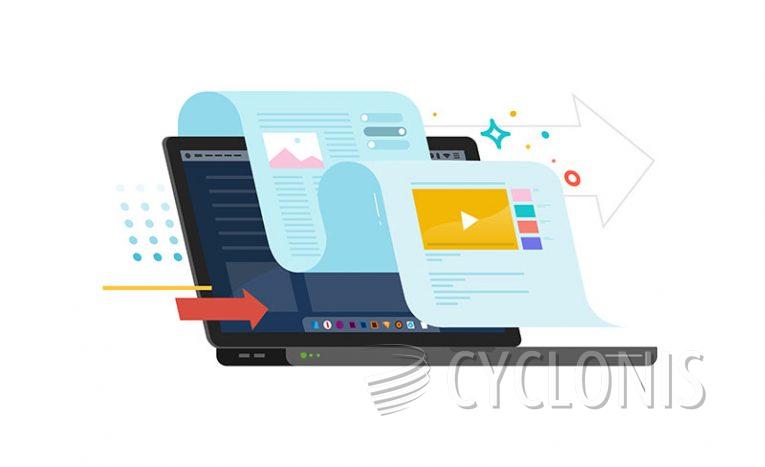HSBC Transfer Request Email Scam

Upon examining the email titled "HSBC Transfer Request", we have determined it to be fraudulent. This spam message masquerades as a banking transfer request from HSBC, aiming to trick recipients into divulging their email login credentials on a phishing website.
It is crucial to emphasize that this email is not affiliated with HSBC Holdings plc or any legitimate entities.
The deceptive email purports to be from HSBC, claiming to have received authorization for a banking transfer request. It outlines the transaction details, including an associated fee of 7.26 USD, and provides a link for recipients to access more information about the transfer.
As stated earlier, the assertions made in this email are false, and it has no connection to HSBC Holdings plc (The Hongkong and Shanghai Banking Corporation) or any genuine entities.
Clicking on the link labeled "You can always check your transfer status / details HERE" redirects users to a phishing website designed to mimic an email login page. Any information entered on this site is captured and sent to cybercriminals.
The repercussions of having one's email compromised are significant. Not only does it pose risks to the sensitive data stored within the hijacked email account, but it also opens avenues for the theft of accounts and platforms registered through it.
To elaborate further, scammers can exploit stolen email identities to perpetrate various fraudulent activities, such as soliciting loans or donations from contacts, endorsing scams, and spreading malware through malicious files or links.
Moreover, finance-related accounts, including e-commerce platforms, digital wallets, money transfer services, and online banking accounts, can be manipulated to conduct unauthorized transactions and fraudulent online purchases.
How Can You Easily Recognize a Scam Email?
Recognizing a scam email requires careful attention to various details. Here are some common indicators that can help you easily identify a scam:
Suspicious Sender: Check the sender's email address for any irregularities or inconsistencies. Be wary of emails from unfamiliar or suspicious domains, or addresses that are misspelled or slightly altered to mimic legitimate senders.
Urgent or Threatening Language: Scam emails often use urgent or threatening language to pressure recipients into taking immediate action. Be cautious of emails that demand urgent responses, threaten consequences for non-compliance, or use scare tactics to manipulate recipients.
Unsolicited Requests for Personal Information: Be cautious of emails requesting sensitive personal information, such as passwords, Social Security numbers, or financial details, especially if the request is unsolicited or unexpected.
Poor Spelling and Grammar: Scam emails often contain spelling and grammar errors, inconsistent formatting, or awkward language. Legitimate organizations typically proofread their communications carefully, so be wary of any emails that appear hastily written or poorly edited.
Generic Greetings: Scam emails often use generic greetings like "Dear Sir/Madam" or "Dear Customer" instead of addressing recipients by name. Legitimate organizations usually personalize their communications with recipients' names.
Unsolicited Attachments or Links: Be cautious of emails containing unsolicited attachments or links, especially from unknown senders. These attachments or links could contain malware or lead to phishing websites designed to steal personal information.
Too Good to Be True Offers: Scam emails may promise unrealistically high returns, exclusive deals, or prizes that seem too good to be true. If an offer seems too good to be true, it probably is.
Requests for Money or Payment Information: Be skeptical of emails requesting money or payment information, especially if the request is unexpected or involves unfamiliar payment methods. Legitimate organizations typically do not request payment via email.








